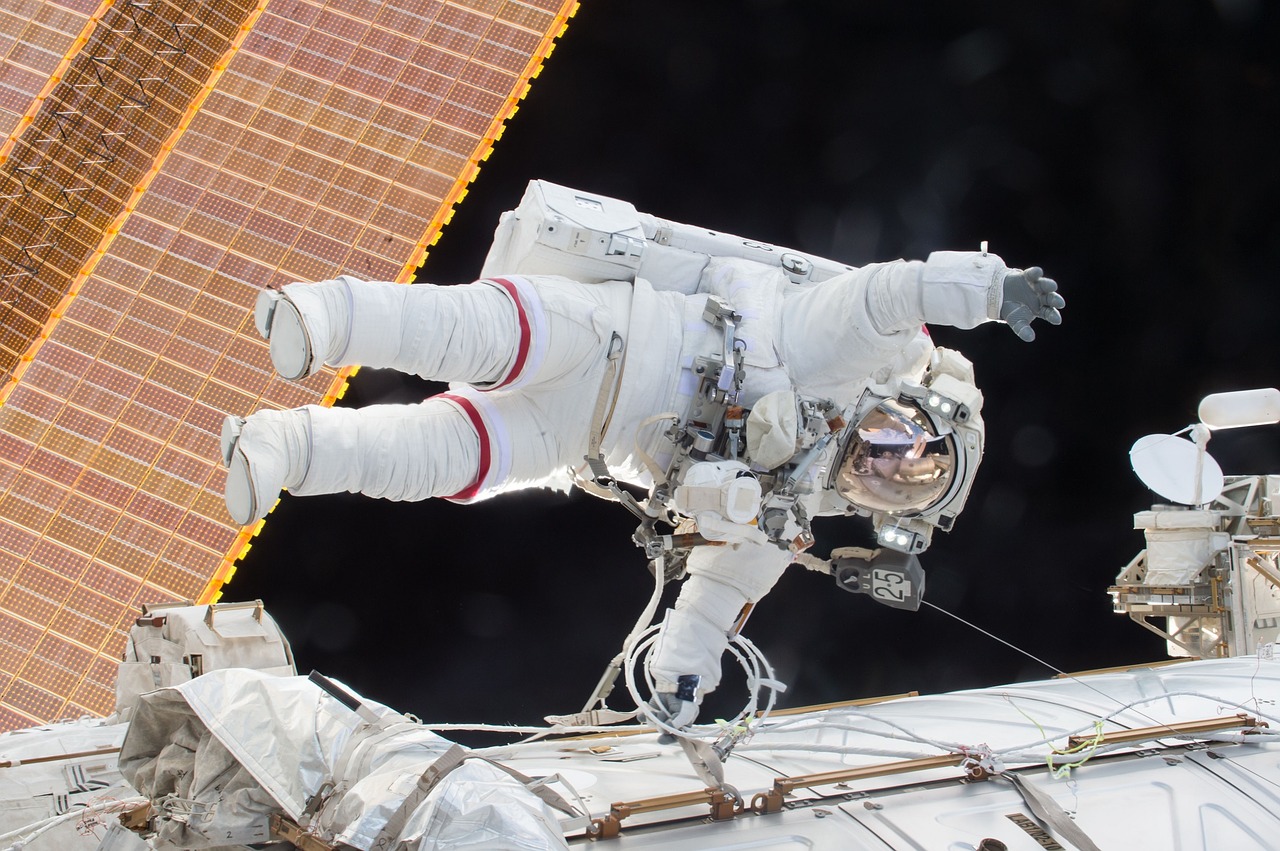Esta web utiliza cookies para que podamos ofrecerte la mejor experiencia de usuario posible. La información de las cookies se almacena en tu navegador y realiza funciones tales como reconocerte cuando vuelves a nuestra web o ayudar a nuestro equipo a comprender qué secciones de la web encuentras más interesantes y útiles.
Coping in the final frontier: An intervention to reduce spaceflight-induced stress
Research in human spaceflight has extensively documented how microgravity environments, such as spaceflight across Low Earth Orbit (LEO), affects astronauts’ and Spaceflight Participants’ emotions. However, a more refined understanding of this topic will become especially relevant as national and international space agencies increase the duration of manned space missions, and as the private sector fully enters the aerospace arena. In this paper, we analyze the strengths and weaknesses of the four main types of interventions for dealing with the stressors associated with human spaceflight (i.e., ergonomic, physiological, psychological, and psychosocial), and then elaborate on a psychosocial intervention grounded on evidence-based interventions across several fields of psychological research. Among the components of such interventions, we recommend adopting advanced stress coping strategies, developing emotional and intercultural competencies and crafting a shared social identity among crew members. Our proposed intervention aims to enhance the efficacy of social support as a key coping mechanism and applies to crewmembers and spaceflight participants of diverse cultural backgrounds who, most likely, will work using computer-mediated communication (CMC).
Monzani, L., M.W. Kozusznik, P. Ripoll, R. Van Dick and J.Mª Peiró (2019). «Coping in the final frontier: An intervention to reduce spaceflight-induced stress». Psychologica 62, n.º 1 (July): 57-77.



